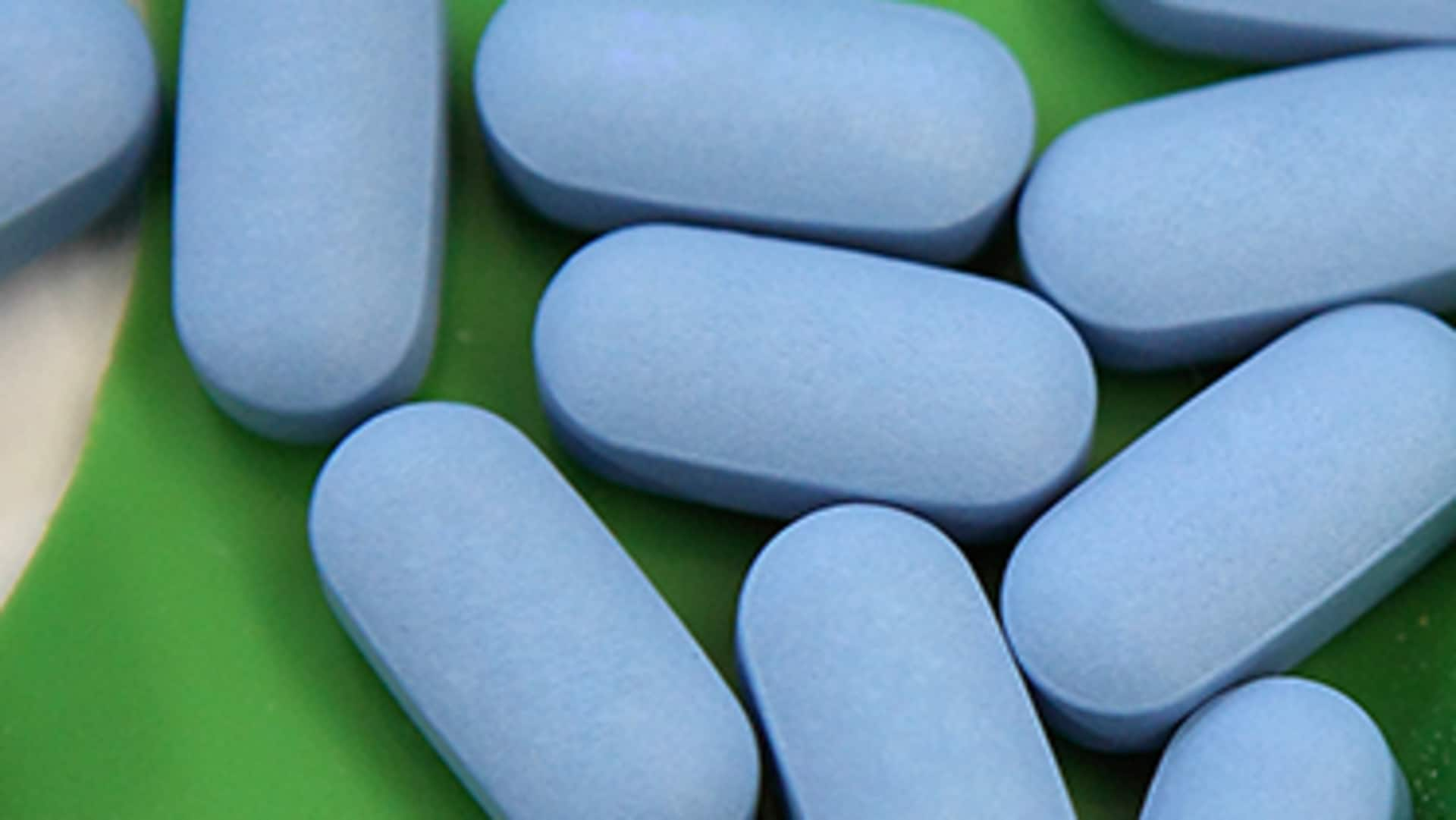
This widely available antibiotic may prevent sexually transmitted diseases: Study
What's the story
New research claims that a commonly available antibiotic, taken after copulation, may prevent sexually transmitted infections (STIs). Studies have found that a single dose of doxycycline taken within 72 hours of unprotected sex significantly brings down the risk of three known STIs. The pill was found to be effective for preventing chlamydia and syphilis, but slightly lesser for preventing gonorrhea.
Context
Why does this story matter?
According to WHO, over one million STIs are acquired every day worldwide, the majority of which are asymptomatic. STIs can have far-reaching consequences beyond the immediate impact of the infection itself. For instance, STIs that are transmitted from mother to child, called congenital syphilis, can result in neonatal death and low-birth weight, among other conditions.
Stats
The antibiotic is offered in some cities including San Francisco
As of now, the Centers for Disease Control and Prevention (CDC) does not recommend post-exposure doxycycline to prevent STIs. But in light of the recent developments, some cities in the US like San Francisco have already begun offering the broad-spectrum antibiotic to those at high risk of infection with chlamydia, syphilis, and gonorrhea. Health officials have termed it as "doxy-PEP."
Result
What do the new studies tell us?
The latest studies focused on the use of doxycycline in men who have sex with men, accounting for over 40% of STIs in the US. Participants were given the antibiotic and were told to take two pills within three days of potential exposure to an STI. The results were presented at the Conference on Retroviruses and Opportunistic Infections, held in Seattle last month.
Information
The strategy was not found to work among cisgender women
The strategy was found to work among trans women and men who have sexual relations with men who are at high risk for acquiring STIs. But the pills were not impactful for cisgender women.
Previous study
A 2022 study bolsters the findings of the current research
Another study from last year found that doxycycline after sex decreased the incidence of syphilis and chlamydia among participants by more than 80%, and that of gonorrhea by about 55%. These results further support the findings from the latest studies. In one of the trials, the drug doxycycline was tested on 232 men who had sex with men.
Information
The trial on 232 men gave promising results
It was found that those who took doxycycline after sex were 84% less likely to contract chlamydia or syphilis and about half as likely to contract gonorrhea when compared with those who did not get the antibiotic.
Stats
If untreated, syphilis can damage brain, heart, and other organs
Though several STIs are easily treated with antibiotics, many people go undiagnosed because they might not exhibit symptoms or due to poor access to health care. If untreated, syphilis can damage the reproductive system, brain, heart, and other organs. Congenital syphilis can even lead to death. About 7% of infants with syphilis in 2020 did not survive, according to CDC.